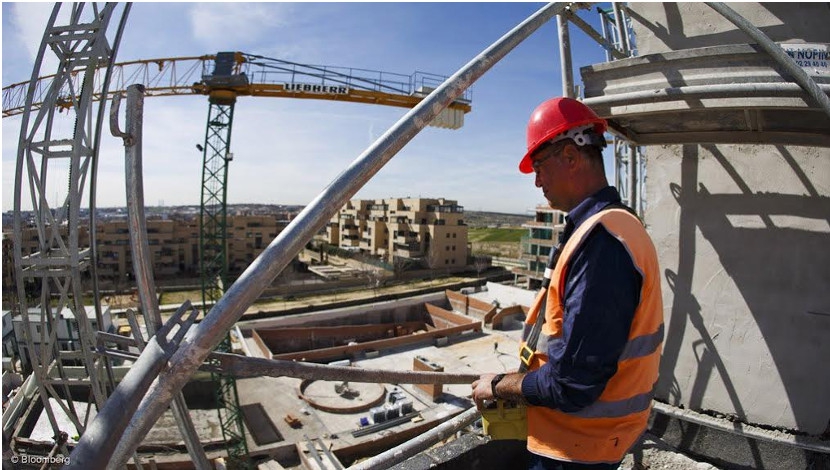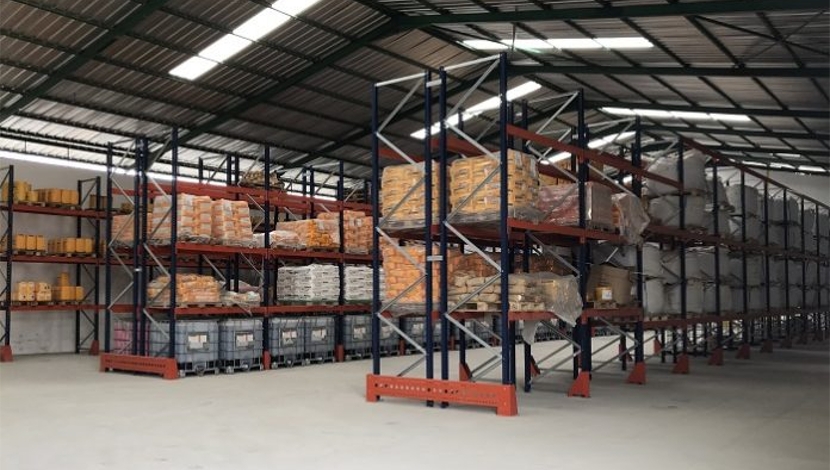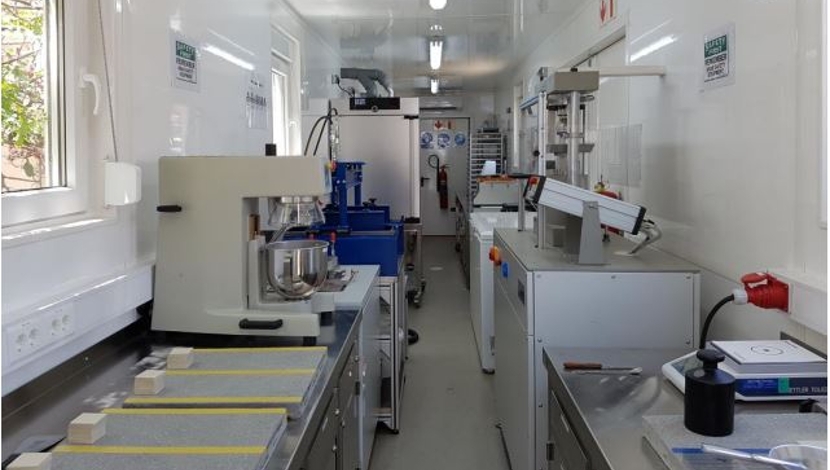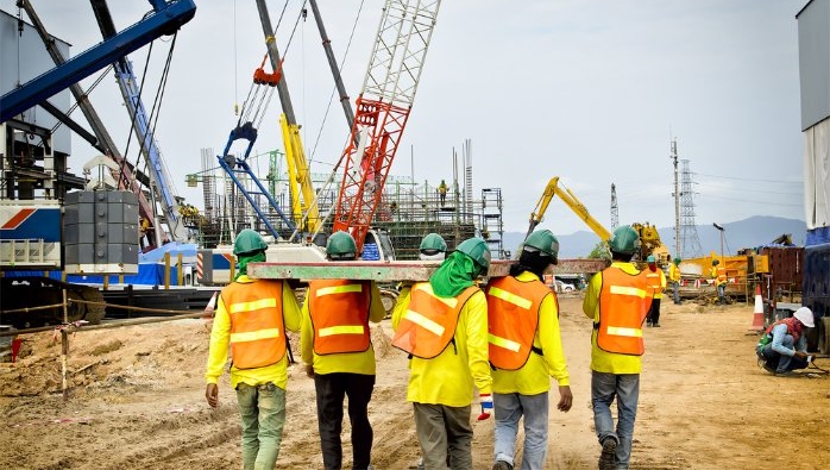

The construction industry in South Africa – which is tied directly to the state of cement and concrete – is stuttering, but there is scope to improve, says chemicals solutions provider Chryso Southern Africa CEO Norman Seymore.
Seymore says the reliance of cement and concrete on a thriving construction industry, which, in turn, is reliant on infrastructure projects means the condition and progress of the construction industry is directly proportional to the number of such projects implemented.
He is concerned over a lack of major infrastructure projects in South Africa recently, with Eskom’s Medupi and Kusile power stations, both of which have been completed from a construction point of view.
“This leaves only road infrastructure projects constituting major infrastructure projects in the country. This abatement negatively impacts on the construction industry, thereby affecting cement and concrete.”
Further, Seymore points to government’s National Development Plan – implemented on February 19, 2013, which aims to eliminate poverty and reduce inequality by 2030 – as being behind schedule according to contained forecasts.
However, Seymore says there is scope for South Africa’s construction industry to improve, as there is a need for infrastructure development.
While there are no major infrastructure projects on the cards, he concedes that there are “pockets of good performance”. These infrastructure projects are very ‘localised’, however; for example, in Sandton, Umhlanga and private investments in the Western Cape.
He indicates that it is not only South Africa’s construction industry that is suffering, as the entire African market has been depressed by commodities and exports faltering, and revenues shrinking, in the global economy.
Seymore is hopeful that the cycle will change this year. The construction industry in South Africa is very advanced in terms of construction methods, materials and practices, and Chryso is on hand to support the industry and ensure that it remains competitive, he adds.
“We, as a South African industry, need to support one another to keep the expertise in South Africa and remain exceptionally competitive, and keep working on big projects,” he concludes.





